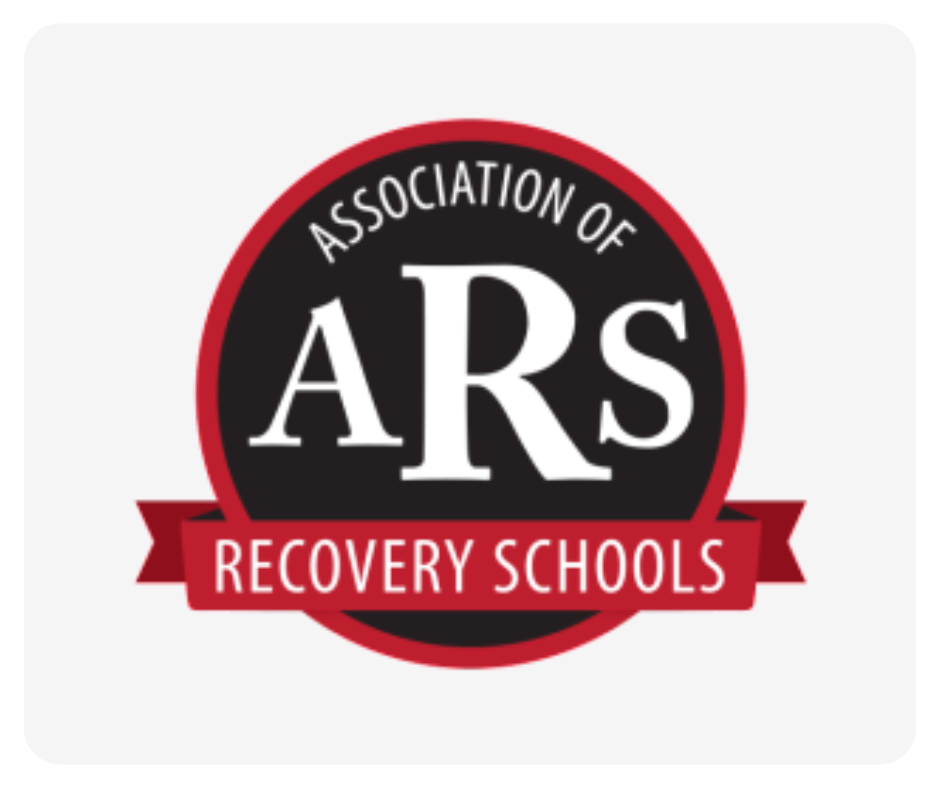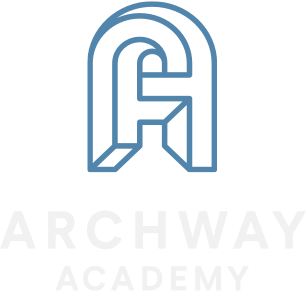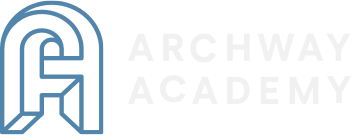Understanding Adolescent Services
Navigating the complex landscape of adolescent recovery services can often feel overwhelming, but at Archway Academy, we’re here to simplify the process and guide families every step of the way, ensuring your teen receives the specialized support they need for both recovery and academic success.
Acute Care Inpatient Hospitalization
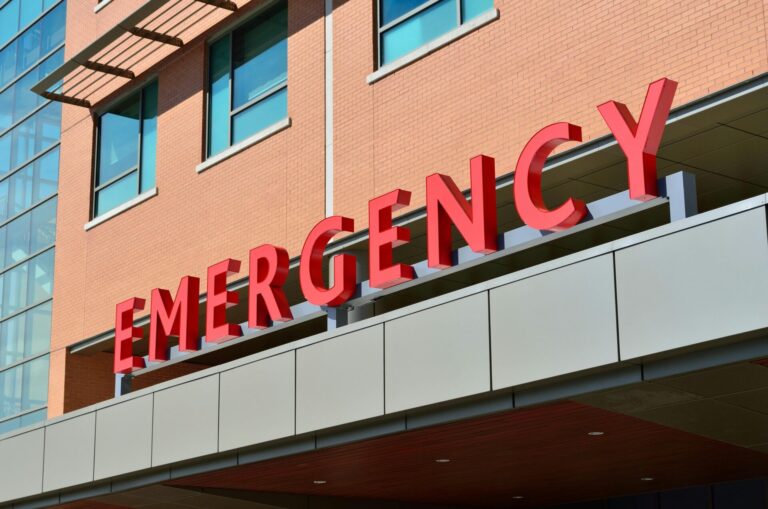
This is the highest level of care, typically used during a crisis when a teen is a danger to themselves or others. Inpatient hospitalization provides 24/7 medical and psychiatric care in a hospital setting. The primary focus is on stabilizing the teen’s mental health or substance use disorder through intensive treatment, which may include medication management and therapy.
When to use: Acute care is necessary during emergencies, such as severe depression, suicidal ideation, or acute substance withdrawal that requires medical supervision.
Residential Treatment for Mental Health and Substance Use Disorder
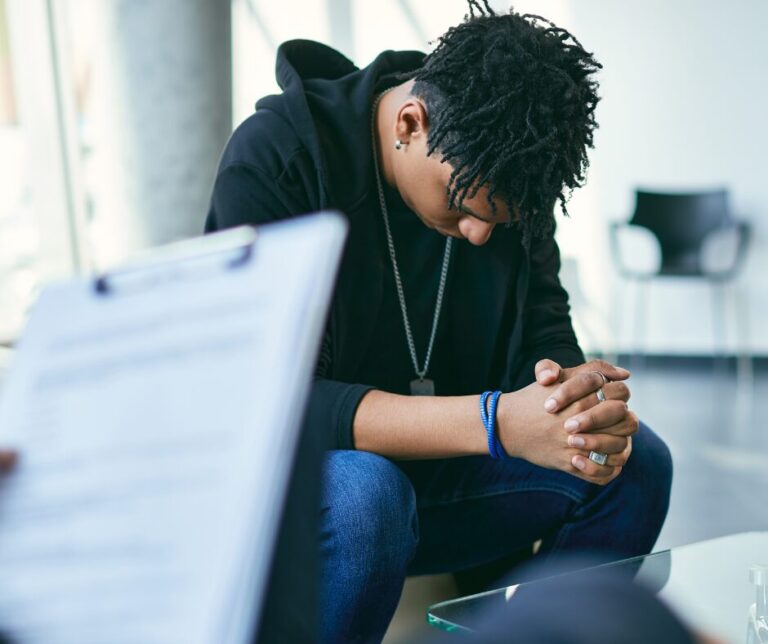
Residential treatment involves the teen living at a specialized facility where they receive comprehensive care. This level of care is less intensive than acute inpatient hospitalization but still provides a structured environment for long-term treatment. It combines therapy, education, and medical management to address both mental health and substance use disorders.
When to Use: Residential treatment is ideal for teens who need more support than outpatient care can provide but do not require the intensity of inpatient hospitalization. It’s often recommended when a teen needs to be removed from their current environment to focus on recovery.
Recovery High Schools
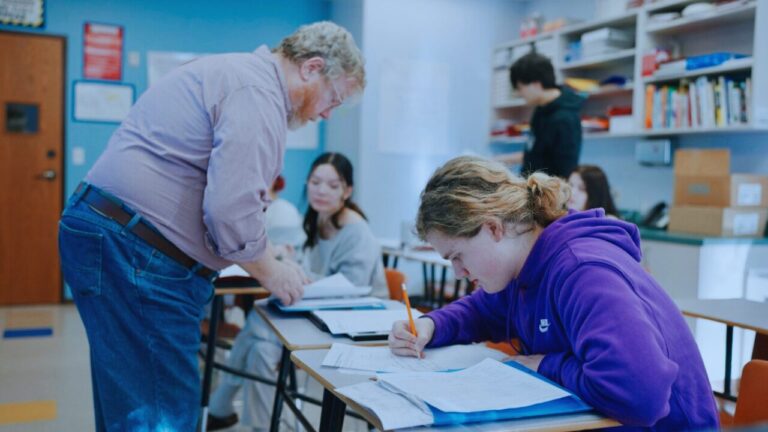
Recovery high schools are educational institutions that provide a supportive, sober learning environment for students recovering from substance use disorders. These schools integrate academics with recovery support, including counseling, peer support, and 12-step programs, to help students achieve both educational and recovery goals.
When to use: Recovery high schools, like Archway Academy in Houston, are suited for teens who are committed to staying sober and need a supportive environment to continue their education while maintaining their recovery.
Alternative Peer Groups (APGs)

APGs are community-based groups that offer a supportive peer network for teens in recovery. These groups provide counseling, social activities, and peer support, creating a safe and sober community. APGs are often a critical part of ongoing recovery, offering a place where teens can connect with others who understand their struggles.
When to Use: APGs are beneficial for ongoing support after initial treatment or during recovery. They help teens build and maintain a sober lifestyle through peer connections and structured activities.
12-Step Support Meetings
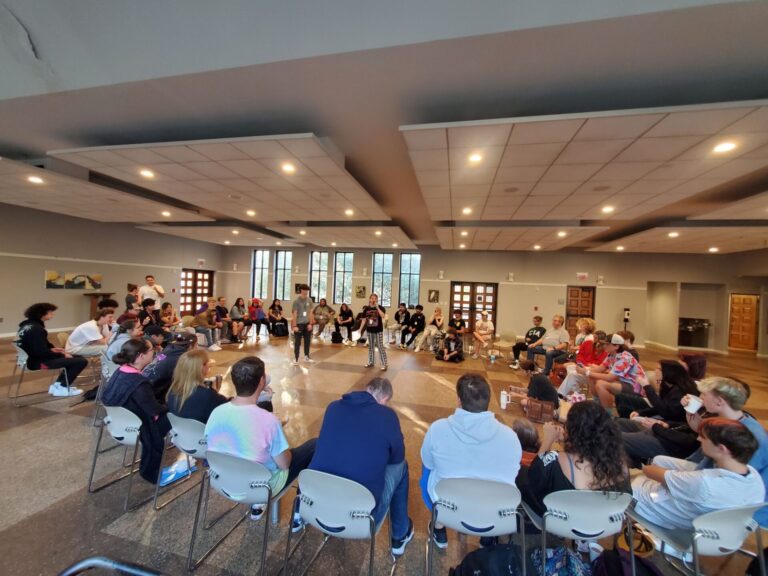
12-Step meetings, such as Alcoholics Anonymous (AA) or Narcotics Anonymous (NA), are peer-led groups that follow a structured program for recovery. These meetings are based on the 12-step philosophy, which includes admitting powerlessness over addiction, making amends, and helping others in recovery.
When to use: 12-Step meetings are an essential component of recovery that can be used at any stage. They provide ongoing support, community, and accountability, and are often recommended as a lifelong part of recovery.
Intensive Outpatient Programs (IOP)

IOPs are structured treatment programs that allow teens to live at home while attending treatment sessions multiple times a week. These programs offer a mix of therapy, education, and support groups, focusing on both mental health and substance use disorders. IOPs are more intensive than regular outpatient therapy but less so than residential treatment.
When to Use: IOPs are suitable for teens who need more support than standard outpatient therapy but do not require residential care. It’s often used as a step-down from residential treatment or as an initial treatment option for those with less severe issues.
Collegiate Recovery Programs (CRPs)

Collegiate Recovery Programs (CRPs) are supportive environments within college campuses designed to help students in recovery from substance use disorders maintain their sobriety while pursuing their academic goals. These programs typically offer a range of services, including recovery coaching, support groups, sober housing, and academic support tailored to the needs of students in recovery.
When to Use: CRPs are ideal for students transitioning from high school recovery programs, such as those provided by Archway Academy, into higher education. These programs help ensure that students continue to receive the support they need to thrive both academically and in their recovery during college.
Outpatient Therapy
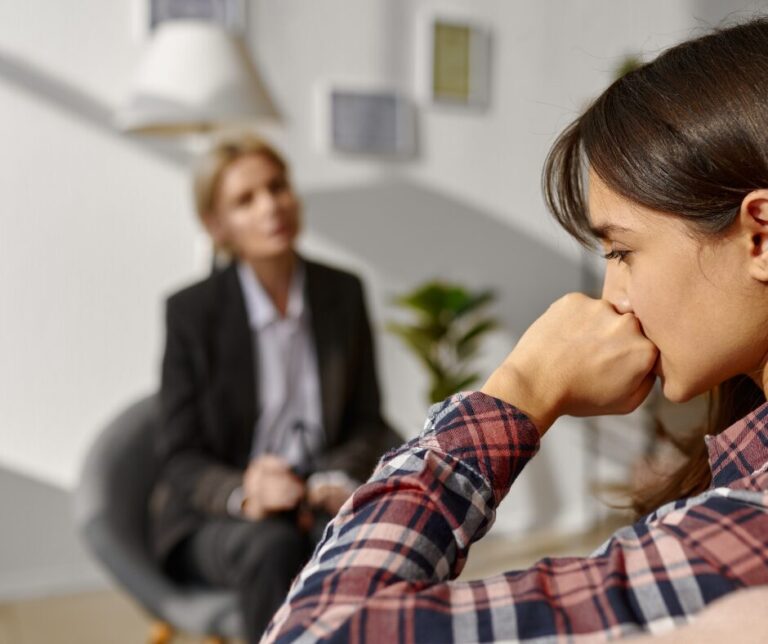
Outpatient therapy involves regular sessions with a mental health professional, such as a therapist or counselor. These sessions can address a variety of issues, including mental health disorders, substance use, or general life challenges. Outpatient therapy is the least intensive level of care.
When to use: Outpatient therapy is appropriate for teens who have a stable home environment and do not require intensive supervision. It’s often used for ongoing treatment or as part of a stepped-down care plan after more intensive treatment.

